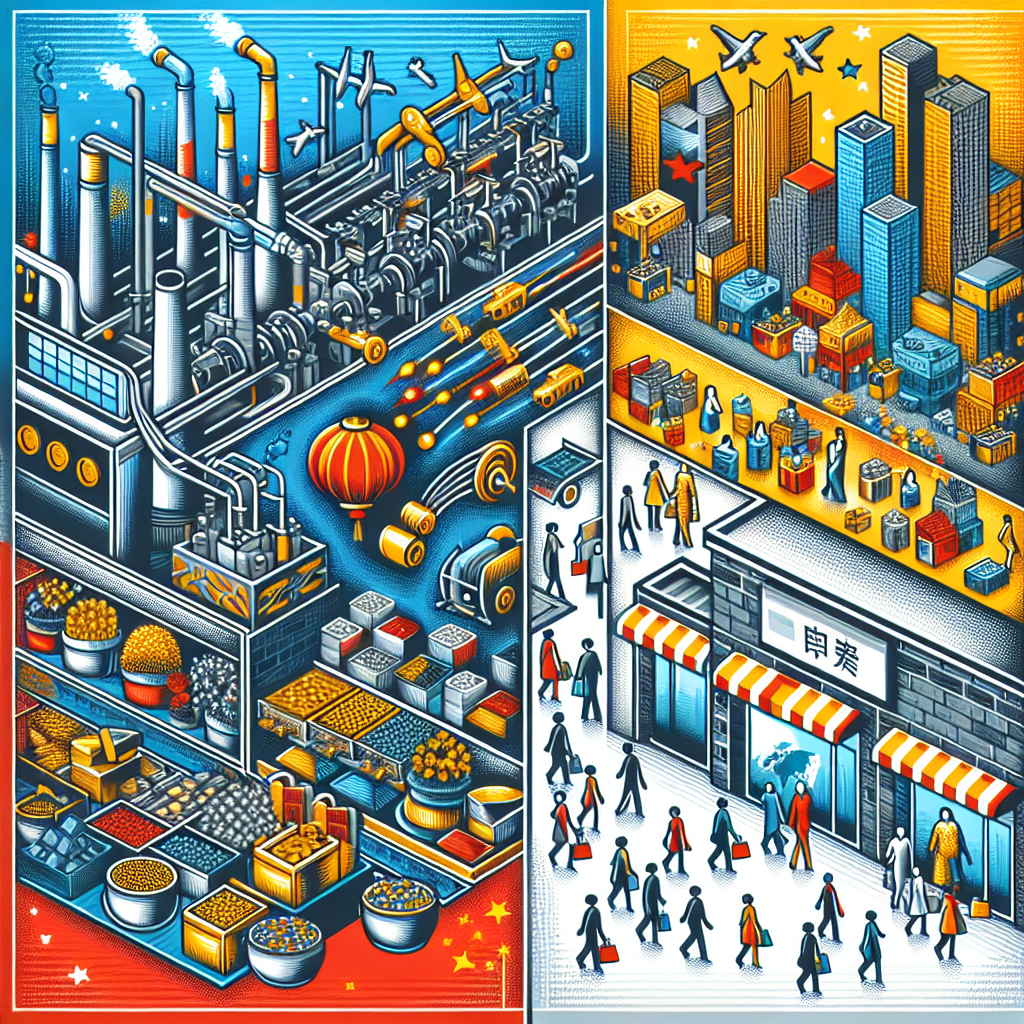Surge in U.S. Retail Sales amid Economic Uncertainty
U.S. retail sales saw a significant increase in July, driven by vehicle demand and major promotions by Amazon and Walmart. Despite positive trends, concerns over rising inflation and a soft labor market could impact future spending. Economists debate the necessity of a Federal Reserve interest rate cut.

In July, U.S. retail sales experienced a solid increase, primarily propelled by high demand for motor vehicles and strategic promotions from Amazon and Walmart. This boost comes despite potential economic headwinds such as a softening labor market and escalating prices, which could dampen consumer spending in the upcoming quarters.
The Commerce Department's revised data for June showed an upward trend, relieving some fears of an economic slowdown amidst stagnant employment growth in preceding months. However, inflation expectations rose in August, casting doubt over the Federal Reserve's potential rate cut, as economists remain divided.
Sales promotions played a crucial role in the retail uptick. Automotive sales surged ahead of expiring tax credits, while online retailers like Amazon offered extended discount periods. Yet, challenges remain as building material and restaurant sales declined, threatening household spending power.
(With inputs from agencies.)
ALSO READ
Yen Gains Amid BOJ's Inflation Forecast Lift; U.S. Dollar Shows Resilience
Euro Zone Bond Yields Dip as Investors Eye Inflation Data
Yen Gains Amid BOJ's Inflation Forecasts and Global Tariff Deals
Inflation Dynamics Shift U.S. Economic Outlook as Tariffs Weigh on Markets
Tech Giants Drive Wall Street Amid Inflation Concerns and Tariff Talks










